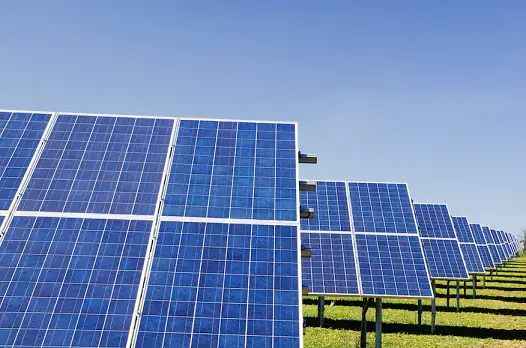According to a new report released on Monday, US solar energy contracts saw their first quarterly decline in over three years, as supply chain blockages eased and demand for new projects grew due to the Biden administration’s new climate change law.
Although small, analysts from LevelTen Energy, which tracks renewable energy deals, say the one percent fall from the first quarter to the second could mark a possible turning point for the sector after a myriad of struggles with supply chain snafus, inflation, and the threats of seeing import tariffs imposed on its products.
In an interview, Gia Clark, LevelTen’s senior director of strategic accounts, said, “They decreased relatively insignificantly, but a decrease is nothing to scoff at considering the last three years.”
LevelTen’s report looks at six North American markets, and its index draws upon the prices for power purchase agreements, or PPAs, that project developers are offering to customers.
Contrary to the trend, prices in the Electric Reliability Council of Texas (ERCOT) market rose 14% over the quarter, while the state legislature examined bills which would prioritize fossil fuel generation and deemphasize the importance of renewables. The more restrictive measures among them, for the most part, did not get passed.
Although solar energy prices fell, wind prices were up 13% for the period.
Clark noted that the demand for wind is strong on the market, however developing projects is a lengthy, drawn out process due to intricate permitting processes, and the high cost to connect wind facilities to the electric grid. Wind prices rose 24% in the Midcontinent Independent System Operator (MISO) market, which covers markets in 15 states in the middle of the nation.

